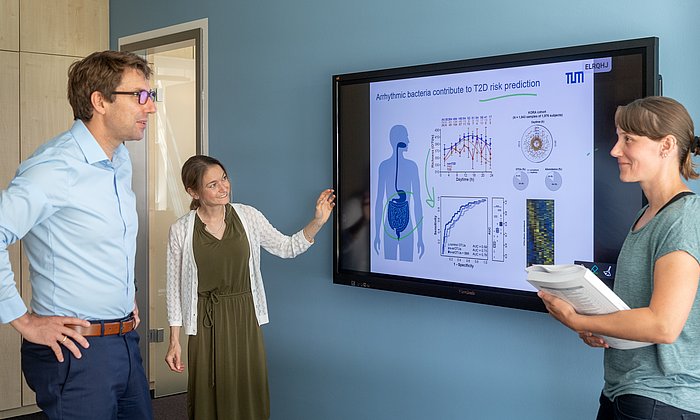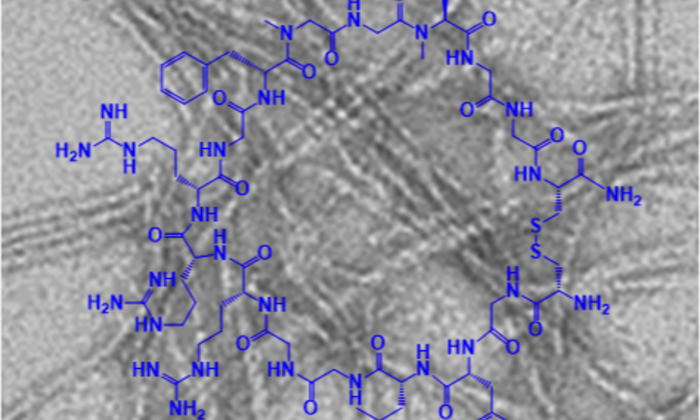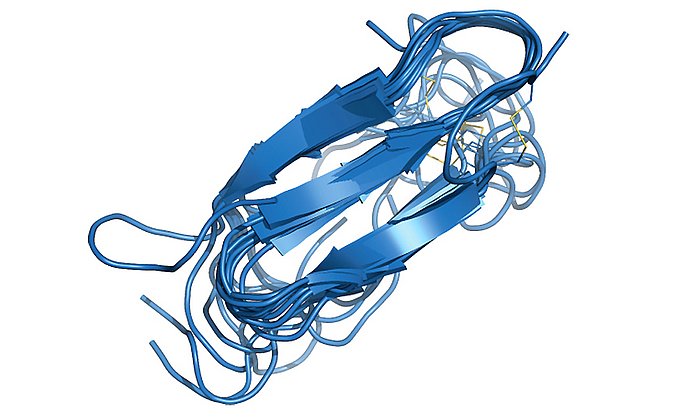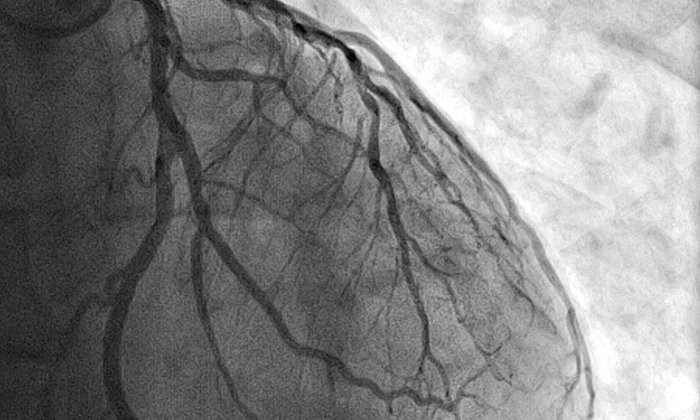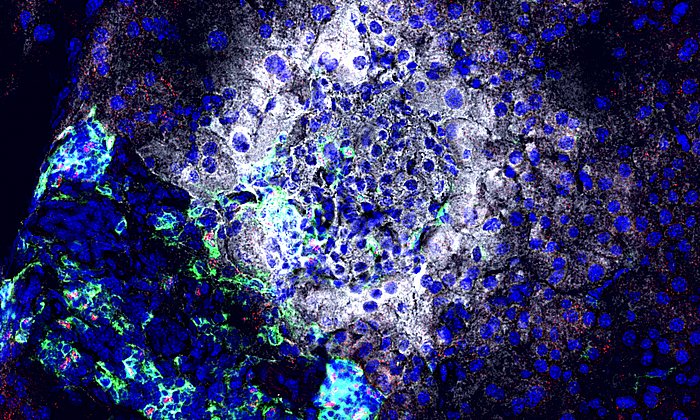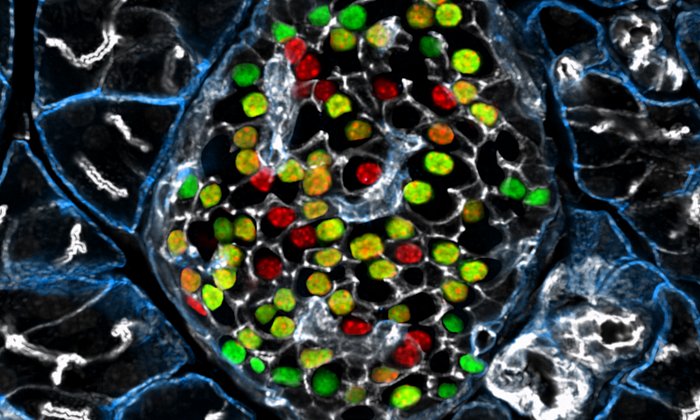Blocking the receptor “inceptor” could protect insulin-producing beta cells
New promising target for diabetes treatment

Diabetes mellitus is a complex disease characterized by the loss or dysfunction of insulin-producing beta cells in the islets of Langerhans, a specialist “micro-organ” in the pancreas that controls systemic blood sugar levels. Diabetes complications, such as chronic high blood sugar, systemic metabolic failure and, in the long-term, multi-organ damage, create enormous medical and social burdens and leads to premature death. Currently no pharmacological treatment can stop or reverse disease progression. Previous studies have demonstrated that intensive insulin therapy has the potential for improved blood sugar control. However, intensive insulin therapy has serious side effects, such as an increased risk of deep drop in blood sugar causing unawareness.
„A hundred years ago, the discovery of insulin has transformed a deadly illness into a manageable disease. Our discovery is another important step to finally get rid of the disease.”— Prof. Matthias Tschöp
Getting to the root of the disease
Heiko Lickert’s research focuses on the development of regenerative approaches to treat diabetes, thus alternatives to the classical immunological and metabolic therapies. “Insulin resistance in pancreatic beta cells causes diabetes. Therapies that sensitize those cells to insulin may protect patients with diabetes against beta cell loss and failure”, says Lickert who is a professor for Beta-Cell Biology at TUM and Director of the Institute of Diabetes and Regeneration Research at Helmholtz Zentrum München. With the discovery of the insulin inhibitory receptor, his research group has found a promising molecular target for beta cell protection and regeneration therapy that does not carry the unintended side effects of intensive insulin therapy.
Prevent blockade of insulin signaling and protect beta cells
Using the mouse model, the researchers showed that the function of inceptor is to shield the insulin-producing beta cells from constitutive insulin pathway activation. Remarkably, inceptor is upregulated in diabetes and by blocking insulin signaling it might contribute to insulin resistance.
„Our goal for future research is to leverage on the discovery of inceptor and develop drugs for beta cell regeneration.”— Prof. Heiko Lickert
The team therefore explored the question of what happens if the function of inceptor is inhibited either genetically or pharmacologically by knocking out inceptor in beta cells and by blocking its function using monoclonal antibodies. The result was exactly what they were hoping for: Insulin signaling and the functional beta cell mass was increased. This makes inceptor a very promising target to treat the root cause of diabetes: the loss and dysfunction of beta cells.
A path to diabetes remission?
“Frederick Banting noted already in his Nobel Prize lecture for the discovery of the life-saving drug insulin a hundred years ago that ‘Insulin is not a cure for diabetes, but a treatment of the symptoms’. This has not changed in the past hundred years. Our goal for future research is to leverage on the discovery of inceptor and develop drugs for beta cell regeneration. This could be beneficial for patients with type 1 and 2 diabetes and ultimately lead to diabetes remission”, states Lickert.
“A hundred years ago, the discovery of insulin has transformed a deadly illness into a manageable disease. Our discovery of the insulin inhibitory receptor now is another important step to finally get rid of the disease,” says Matthias Tschöp, Professor for Metabolic Diseases at TUM and CEO at Helmholtz Zentrum München. “While the COVID-19 pandemic represents an immediate threat we will overcome, we must not forget that diabetes remains one of the biggest and fastest growing killers on our planet.”
Ansarullah et al., 2021: Inceptor counteracts insulin signalling in β-cells to control glycaemia. Nature, 27 January 2021
DOI: 10.1038/s41586-021-03225-8
Technical University of Munich
Corporate Communications Center
Contacts to this article:
Prof. Heiko Lickert
Technical University of Munich
Professor Diabetes and Regeneration Research / Beta-Cell Biology
phone: + 49 (0) 89-3187-3760
heiko.lickert@helmholtz-muenchen.de
